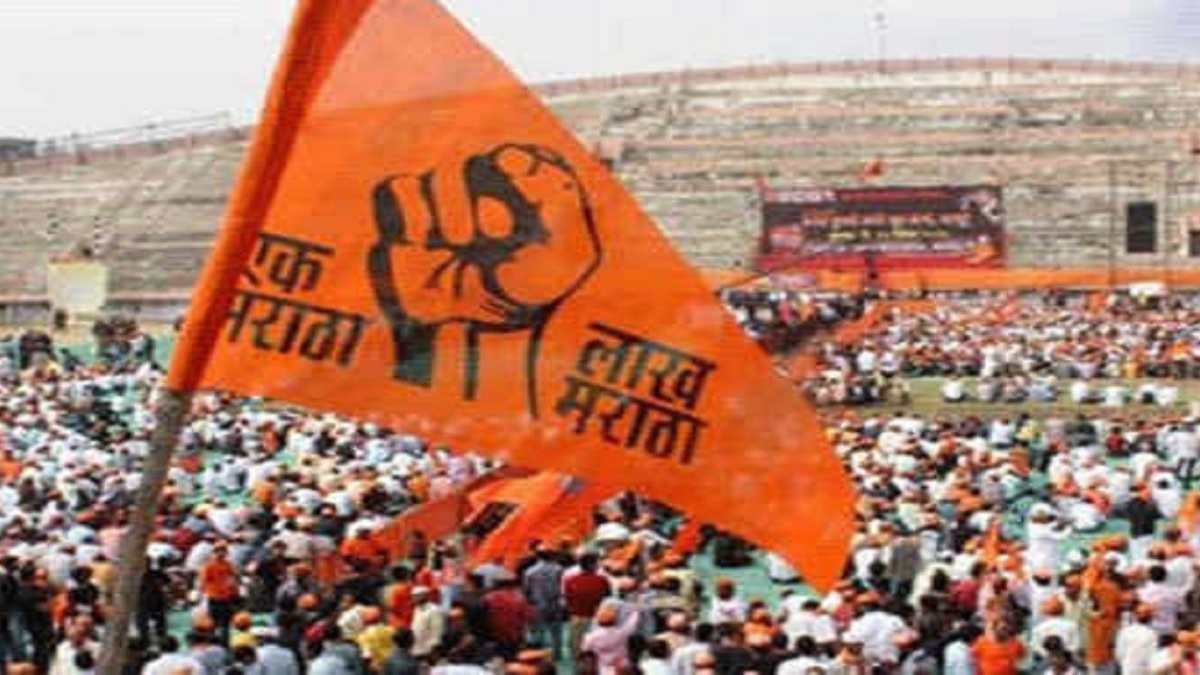OBC Aarakshan Percentage In Maharashtra, Maharashtra Reservation Percentage
OBC Aarakshan Percentage In Maharashtra
In a groundbreaking move, the Maharashtra Assembly has unanimously passed a bill proposing a unique 10 per cent quota for the Maratha community Maharashtra Reservation Percentage. This historic development occurred during a specially convened one-day session of the state legislature. The approved bill closely aligns with the 2018 Socially and Educationally Backward Classes Act, a legislative initiative of the former Devendra Fadnavis government.
This legislative stride originated from the proactive efforts of Manoj Jarange Patil, a fervent Maratha quota activist currently on a hunger strike at Antarwali Saarati village in Jalna district. Patil’s impassioned demands include issuing Kunbi certificates to all Marathas, providing free education from kindergarten to postgraduate levels, and reserving seats for Marathas in government job recruitments.
The expansion of the Maratha reservation is rooted in a comprehensive report presented to the state government by the Maharashtra Backward Class Commission (MBCC), led by Chairman Justice (Retired) Sunil Shukre.

OBC Reservation Percentage
Presently, the state enforces a 10 per cent quota for the Economically Weaker Section (EWS), with Marathas constituting the predominant beneficiaries, encompassing an impressive 85 per cent of the recipients. A recent report submitted by the Maharashtra State Backward Class Commission delves into the social and educational disparities within the Maratha community, conducted through an exhaustive survey covering approximately 2.5 crore homes within a mere nine days.
The committee suggests a recurring 10 per cent reservation for Marathas in both educational institutions and professional sectors. This mirrors a previous bill introduced in 2018 by the Devendra Fadnavis government. The legislative journey began in June 2017 when the Maharashtra State Backward Class Commission (MSBCC) was established, chaired by Justice (Retired) MG Gaikwad.
Maharashtra Reservation Percentage
However, this legislative trajectory faced a formidable hurdle on May 5, 2021, when the Supreme Court invalidated reservations for the Maratha community in colleges, higher educational institutions, and jobs. The court, citing no valid grounds to exceed the 50 per cent reservation limit, questioned the basis for granting Maratha reservations.
In conclusion, the unanimous passage of the Maratha Quota Bill signifies a critical juncture in the pursuit of social equity in Maharashtra. The legislative trajectory, spurred by the demands of activists and rooted in historical context, reflects the delicate interplay between social justice and legal intricacies.
Frequently Asked Questions (FAQs)
- What makes the Maratha Quota Bill significant?
- The bill is pivotal as it introduces a distinct 10 per cent quota for the Maratha community, addressing historical disparities.
- Who instigated the special session for the Maratha quota?
- Activist Manoj Jarange Patil’s hunger strike played a crucial role in prompting the state government to convene the special session.
- What were the demands of Manoj Jarange Patil during his hunger strike?
- Patil demanded Kunbi certificates for all Marathas, free education from kindergarten to postgraduate levels, and reserved seats in government job recruitments.
- What role did the Maharashtra Backward Class Commission play in this context?
- The Commission, led by Chairman Justice (Retired) Sunil Shukre, presented a report forming the basis for extending the Maratha reservation.
- How did the Supreme Court intervene in Maratha reservations?
- On May 5, 2021, the Supreme Court invalidated Maratha reservations, citing a lack of valid grounds to exceed the 50 per cent reservation limit.
Maharashtra Government Notification Kunbi Ancestry for Marathas, Activist’s Demand Met
Previously the government issued a notification about the rules for issuing these certificates. It’s called the Maharashtra Scheduled Castes, Scheduled Tribes, De-Notified Tribes, Nomadic Tribes, Other Backward Classes and Special Backward Category (Regulation of Issuance and Verification of) Caste Certificate (Amendment) Rules, 2024.
According to the notification, Kunbi caste certificates will be given after applicants provide an affidavit proving their relationship to blood relatives such as uncles, nephews, and other family members. This also includes “patriarchal” relatives whose Kunbi records prove they’re related to the applicant.
Once a field inquiry and verification are done, the Kunbi caste certificates will be issued promptly. The term ‘sage soyare’ refers to relatives like the applicant’s father, grandfather, great grandfather, and earlier generations who had marriages within the same caste.
Follow Aurangabad Samachar on Twitter

Join Aurangabad Samachar Whats App Channel to get regular news, Live news Updates


An expert in various domains like technology, insurance, cameras, photography, politics, entertainment, travel, news, and online money-making, Editor AS stands out as a skilled storyteller. With a focus on delivering accurate and timely news, Editor AS brings a wealth of experience in covering local events, community stories, and important issues. The aim is to share insightful, informative, and engaging content, keeping readers informed and updated.
